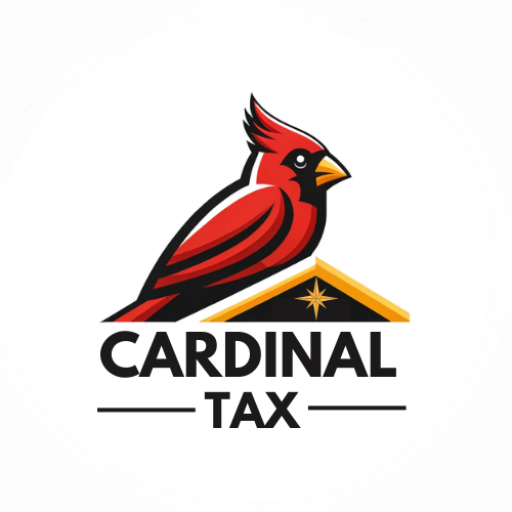Navigating U.S. Federal Taxes
Navigating the complex world of U.S. taxes can be daunting. Many taxpayers find themselves tangled in myths and misunderstandings that could cost them money or lead to unnecessary complications. Here, we’ll tackle some common tax confusions, drawing on official insights from the IRS (Internal Revenue Service) to guide you towards smarter tax planning and decision-making.
The Truth About LLCs and Business Deductions
Many entrepreneurs believe they need to form a Limited Liability Company (LLC) to take business deductions, but this isn’t the case. Whether you’re a sole proprietor or operate through an LLC, you can claim legitimate business expenses. The primary purpose of an LLC is to provide liability protection. However, in cases involving personal services, liability insurance is often more critical for protecting personal assets than the business structure itself. Make sure to save those receipts people – digital copies preferred.
Year-End Purchases and Tax Deductions
It’s a common strategy to buy business assets towards the end of the fiscal year to claim deductions. Yes, you can indeed purchase equipment on December 31st, use it on that day, and still deduct the full cost. However, spending a dollar to save 20 to 37 cents on taxes only makes financial sense if the purchase was necessary. Moreover, assets like vehicles require sustained business use to maintain eligibility for these deductions, failing which you might need to reverse the deductions previously claimed.
Leveraging the IRS Online Portal
The IRS’s online portal has improved significantly, offering valuable tools like the Identity Protection PIN to safeguard against tax-related identity theft. Additionally, accessing your Wage & Income Transcript through the portal can help you verify reported income and deductions, ensuring accuracy in your tax filings. Setting up an account on the IRS website is a proactive step towards managing your tax affairs more effectively.
Using the Tax Withholding Estimator
The IRS’s Tax Withholding Estimator is an invaluable tool, especially given the complexities of the new W4 form. Many taxpayers find themselves underwithheld, facing unexpected tax bills. This tool helps you check if your withholdings cover your tax liabilities, providing a straightforward way to adjust them if necessary.
Tax Planning for High Earners
For high-wage earners, tax reduction opportunities are somewhat limited but not nonexistent. Maximize contributions to HSAs, 401(k)s, and explore Dependent Care Benefits. Since the Tax Cuts and Jobs Act, itemized deductions for mortgage interest and taxes are capped, often making charitable contributions and medical expenses more valuable for exceeding the standard deduction. Real estate investors that have a W2 job can offset their income using various strategies.
Misconceptions About Trusts
Trusts are frequently misunderstood as tax shelters. While certain types of trusts can be structured for tax efficiency, using a trust to funnel personal expenses as a tax reduction strategy is dubious and potentially fraudulent. Trusts should be used judiciously, with clear legal and financial guidance, not as a catch-all for tax evasion.
Extensions, Audits, and Tax Planning
Filing an extension gives you more time to file your return but doesn’t extend the deadline for tax payments. Many also fear that extensions increase their risk of an audit, but this is largely a myth. Instead, triggers for audits often include disproportionate deductions and rounded figures on Schedule C forms. Be precise and realistic with your expense reports.
Home Ownership and Tax Implications
Purchasing a home might not provide the tax relief many expect due to limitations on itemized deductions. However, new Residential Energy Credits for home improvements, like upgrading heating systems, can offer significant tax benefits. These credits support environmentally friendly investments while reducing tax bills.
Stock Options and Withholding Challenges
For those with Restricted Stock Units (RSUs) or stock options, it’s crucial to understand withholding rates. Although withholding might be set at 22% for most, if your income exceeds certain thresholds, your tax rate will increase, necessitating additional withholdings or estimated tax payments to avoid underpayment penalties.
Conclusion
Understanding these facets of U.S. tax law can help taxpayers make informed decisions, ensuring compliance while optimizing tax outcomes. Always consider consulting with a tax professional to tailor these strategies to your personal circumstances, and check out these scams to watch out for reported by the IRS.
